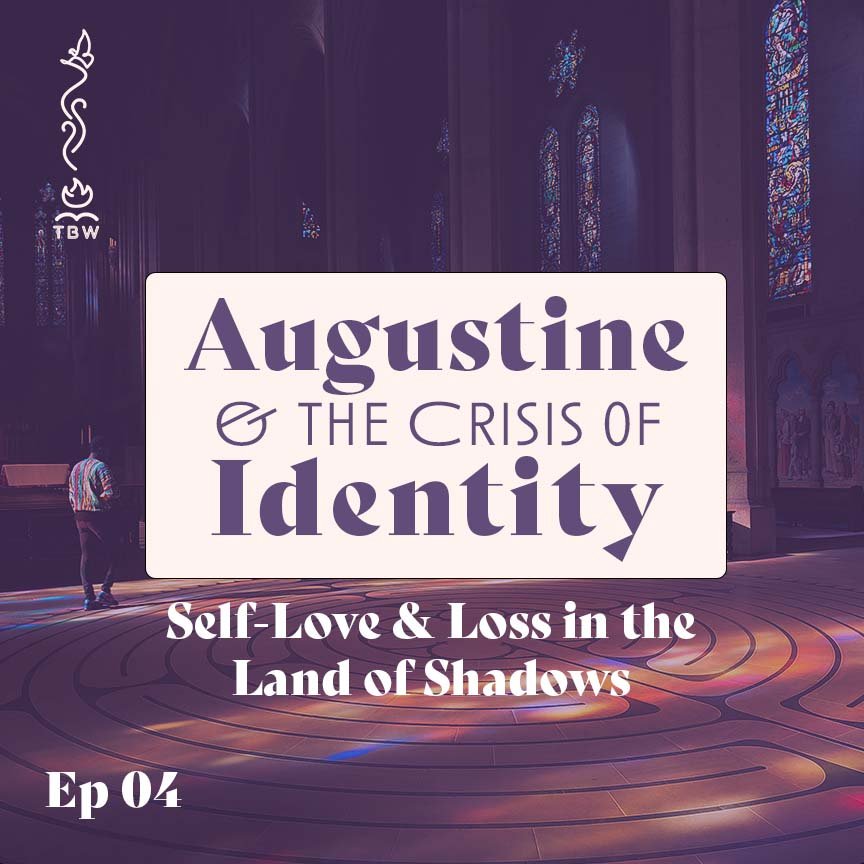Self-Love and Loss in the Land of Shadows (Confessions, Bk 2-4)
We’re in a series on Augustine and the Crisis of Identity, and this episode we’re heading into books 2-4 of the Confessions.
One of my favorite aspects of the Confessions is the way Augustine refuses to ask simple questions or take easy answers away from his own life.
After wrestling in book 1 with the inability of his memories to tell him where he started, books 2-4 are going to focus on the ways in which his identity, rather than come together as he grew older, steadily began to fragment and dissolve. For Augustine the reason for this steady and increasing fragmentation was clear: sin pulled his identity apart.
Sin was the power at work in him from an early age. Sin was what twisted the joy, love and desires of his youth into increasing obsessions, contradictions, and disappointments. Sin left Augustine’s heart churning for deeper connection and deeper purpose, and yet with every bite of his desires, the goodness of love seemed further and further away.
I know sin is not an enjoyable topic. In fact, it seems like it’s getting harder and harder to find meaningful discussion of sin in our cultural moment. Either sin is a cheap conjuring, meant to scare “sinners” into the hands of an angry God. Or it is the dreaded remnant of past authoritarian religious structures, one that has caused intense psychological harm through its shaming tactics, and only ever leaves with the intense turmoil of non-self-esteem.
Augustine refuses such dichotomies in the Confessions and instead aims for more honest accounting.
By his own admission, he was the agent at work in the fragmentation of himself. Yet sin as Augustine reflects on it will offer a surprising admission: sin large or small is equally devastating because all sin’s destruction is actually wrought on our own lives, our own hearts. For Augustine, the point of reflecting on sin is not fear and trembling before an arbitrary judge, but a loss of himself, one in which his only hope is to cry desperately out in confession to God.
With sin comes loss, and Augustine in book 4 particularly is going to connect the two in the formation of identity. Of course they’re connected. Death stalks the land of shadows in Augustine’s reflections, yet he surprises himself when death pounces unexpectedly on the life of a friend.
These books are heavy, necessary, and intriguing. They don’t quite land their answers but invite you into the story of Augustine’s life and ask questions of your own story. Where have you found yourself wandering in this land of shadows? Where have you seen (or perhaps more accurately felt) your identity fall apart?
Join us as we continue our journey with Augustine in searching for ourselves with Episode 2: Self Love and Loss in the Land of Shadows.

